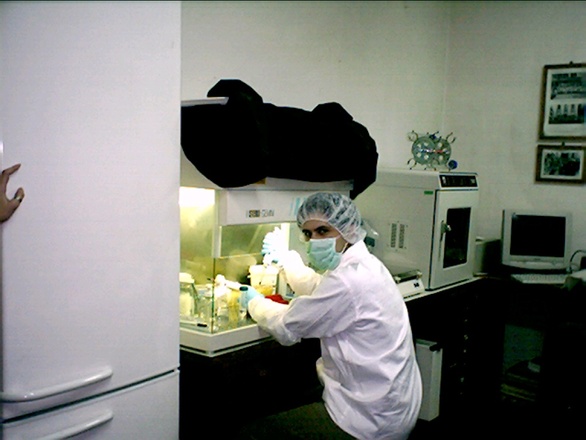Medical marijuana is increasingly becoming the subject of scientific studies as more and more locations throughout the United States make cannabis accessible to patients with medical needs. Even as new health benefits are discovered every day, research is still lagging and the full potential of cannabis has not yet been discovered. The reason: the federal government is stifling research as a result of a refusal to reschedule medical marijuana and to accept its use for medicinal purposes. 
A Los Angeles medical marijuana lawyer knows the federal government has continued to actively pursue legal actions against lawful medical marijuana dispensaries, despite a Congressional Amendment intended to prevent federal funds for being used for this purpose. Not only should the federal government stop these harmful legal processes, but the Brookings Institute also urges the government to take further action to expand medical research into cannabis use. The government needs to recognize that its approach to marijuana is harming the scientific community and preventing medical advancement.
Federal Refusal to Reschedule Marijuana Limits Research Possibilities
According to a recent paper from the Brookings Institute, many universities are reluctant to move forward with large-scale research projects and full-scale research programs aimed at developing a better understanding of the medicinal use of marijuana. Institutional review boards are risk averse and worry about the impact of approving medical research focused on marijuana.
While medical journals publish some research into marijuana, few of the studies focus on administration of cannabis products to human substances as a result of the multi-agency review process required to conduct human research. For any marijuana-related research involving human subjects, researchers must first go through the New Drug Application by the FDA and any projects funded by the National Institute of Health must complete an additional three-stage NIH review. Researchers then need to obtain a registration from the Drug Enforcement Agency to possess marijuana.
This is not the end of the process either. Unlike with other Schedule I drugs, researchers must subsequently submit a proposal to the NIDA for review and make a request to the NIDA for study drugs. Until 2015, the marijuana research farm that had contracted with the NIDA had produced only 20 kilograms of marijuana per year. This imposed a significant logistical limitation on doing any type of large-scale study.
If marijuana was rescheduled and was no longer considered a Schedule I drug, this would cut down a significant amount on the bureaucratic red tape involved in conducting research. Clinical trials conducted with any Schedule I substance require researchers to be registered and such studies have much more stringent reporting requirements and controls than studies involving Schedule II-Schedule IV drugs. Hospitals, pharmacies, and practitioners could also obtain a Dispensing and Instructing license for marijuana, like they can for any other Schedule II-V drugs, if cannabis was reclassified. Such a license is unavailable for Schedule I drugs because the drugs have no “accepted medical use.”
The federal government should strongly consider the warning from the Brookings Institute about the unnecessary limitations being imposed on medical research and should move forward with rescheduling to open the door to be more scientific study of the benefits of cannabis.
The Los Angeles CANNABIS LAW Group represents growers, dispensaries, collectives, patients and those facing marijuana charges. Call us at 949-375-4734.
More Blog Entries:
U.S. Senate Committee Favors Marijuana Banking Bill, July 28, 2015, Riverside Marijuana Lawyer Blog
